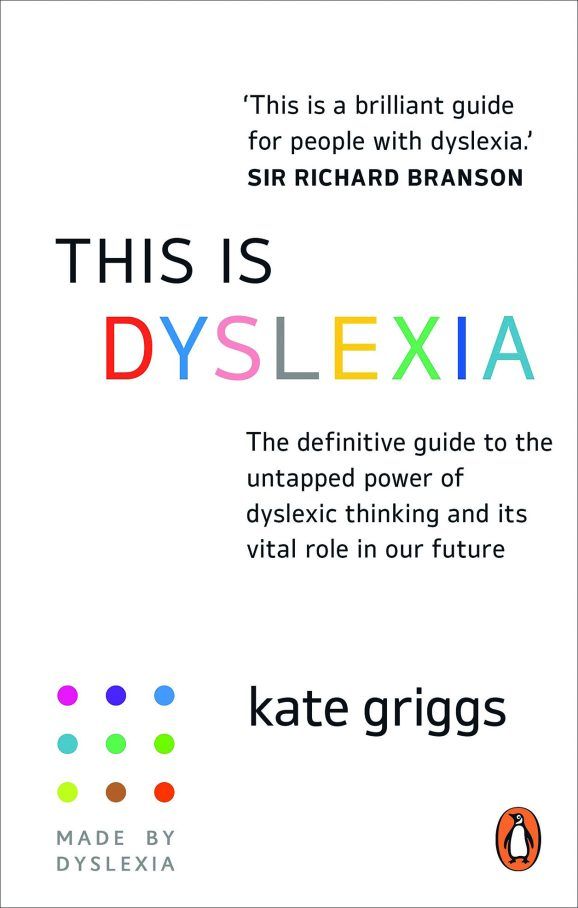More than words: The value of dyslexia


Kate Griggs outlines six dyslexic skills that will become key in the workplace of tomorrow
It is official – the future needs Dyslexic Thinking. Our fast-changing world is facing unprecedented challenges, so now more than ever, we need minds who think differently to solve the many problems we face and to shape our workplace of tomorrow.
My charity – Made By Dyslexia – partnered with EY (Ernst & Young) to help us research the overlap between Dyslexic Thinking skills and the skills of the future, as outlined by the World Economic Forum (WEF). Through this, EY produced two “Value of Dyslexia” reports that highlighted a crucial fact: in a fast-paced and changing workplace, and as the world of work is automated and AI takes over, Dyslexic Thinking skills are an exact match for the WEF skills of the future. What is more, the skills that were in decline – and would be automated or taken over by machines – were the very skills that dyslexics find challenging.
Our 2021 report “The Dyslexic Dynamic” with ManpowerGroup highlights that Dyslexic Thinking skills are even more vital for the post-Covid recovery. The pandemic has turbocharged the implementation of AI and automation, predicting that by 2025, 50% of jobs will be done by machines, and the remaining 50% of jobs done by the “human workforce” will require the exact skills that dyslexics have.
So, what are the Dyslexic Thinking skills vital for the workplace of tomorrow? They can be broken down into six categories:
- Visualising – Interacting with space, senses, physical ideas and new concepts: 75% of dyslexics are above average at visualising.
- Imagining – Creating an original piece of work, or giving ideas a new spin: 84% of dyslexics are above average at imagining.
- Communicating – Crafting and conveying clear and engaging messages: 71% of dyslexics are above average at communicating.
- Reasoning – Understanding patterns, evaluating possibilities and making decisions: 84% of dyslexics are above average at reasoning.
- Connecting – Understanding self, connecting, empathising & influencing others: 80% of dyslexics are above average at connecting.
- Exploring – Being curious and exploring ideas in a constant and energetic way: 84% of dyslexics are above average at exploring.
Soft skills, such as communications, time management, prioritisation, adaptability, analytical thinking, initiative-taking and empathy are all skills matching the strengths of Dyslexic Thinking and are more highly valued and sought after by employers than ever before.
Dyslexic Thinking has already transformed the world we live in. From Thomas Edison inventing the light bulb to Steve Jobs creating the iPhone, seeing things differently has helped dyslexics to invent things we can’t live without. Without Dyslexic Thinking, there would be no phones, no cars, no aeroplanes, no light bulb. It is no wonder then that four out of five successful dyslexics attribute Dyslexic Thinking to their success. So, dyslexic or not, we all need to understand Dyslexic Thinking and its vital
role in the workplace of tomorrow… or be
left behind.
About the author

Kate Griggs is the founder and CEO of global charity Made By Dyslexia and author of dyslexia guide ‘This is Dyslexia’ and children’s book ‘Xtraordinary People: Made By Dyslexia’.
For further information:
www.madebydyslexia.org



